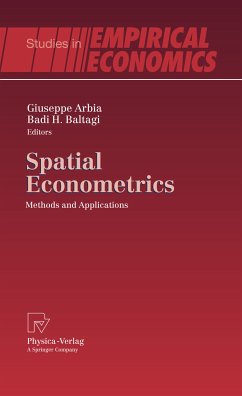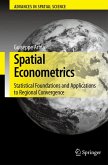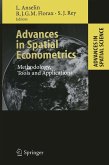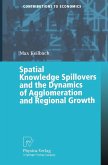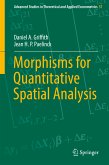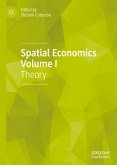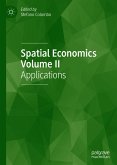Spatial Econometrics is a rapidly evolving field born from the joint efforts of economists, statisticians, econometricians and regional scientists. The book provides the reader with a broad view of the topic by including both methodological and application papers. Indeed the application papers relate to a number of diverse scientific fields ranging from hedonic models of house pricing to demography, from health care to regional economics, from the analysis of R&D spillovers to the study of retail market spatial characteristics. Particular emphasis is given to regional economic applications of spatial econometrics methods with a number of contributions specifically focused on the spatial concentration of economic activities and agglomeration, regional paths of economic growth, regional convergence of income and productivity and the evolution of regional employment. Most of the papers appearing in this book were solicited from the International Workshop on Spatial Econometrics and Statistics held in Rome (Italy) in 2006.
Dieser Download kann aus rechtlichen Gründen nur mit Rechnungsadresse in A, B, BG, CY, CZ, D, DK, EW, E, FIN, F, GR, HR, H, IRL, I, LT, L, LR, M, NL, PL, P, R, S, SLO, SK ausgeliefert werden.

